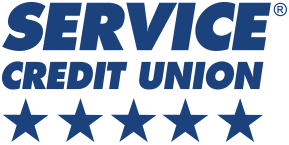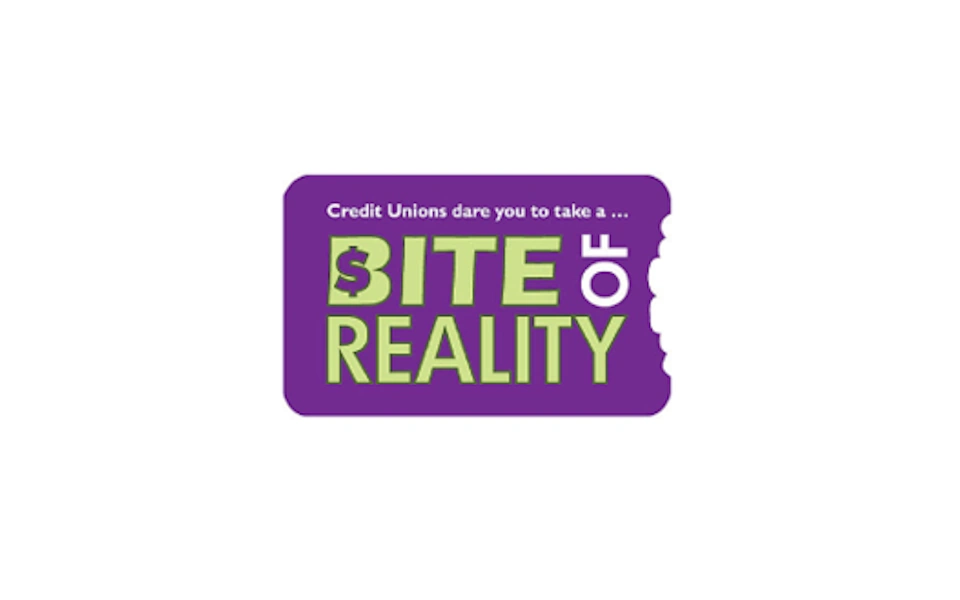Reaching Your Financial Goals Requires Knowledge and Skills
Without an understanding of basic financial strategies and terms, it can be challenging to make informed decisions, overcome obstacles, and reach your financial goals. We are here to help you expand your financial knowledge with courses, programs and technology.







.jpg?sfvrsn=683ef48f_1)

